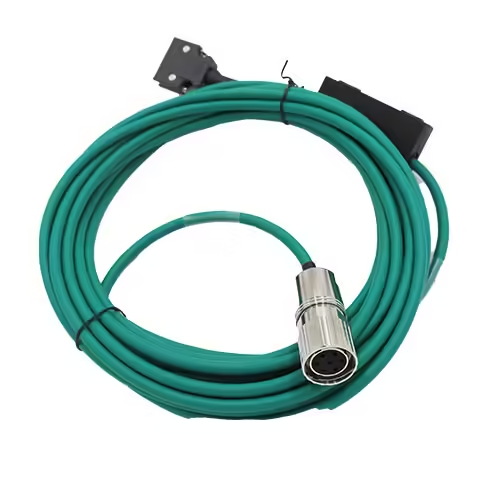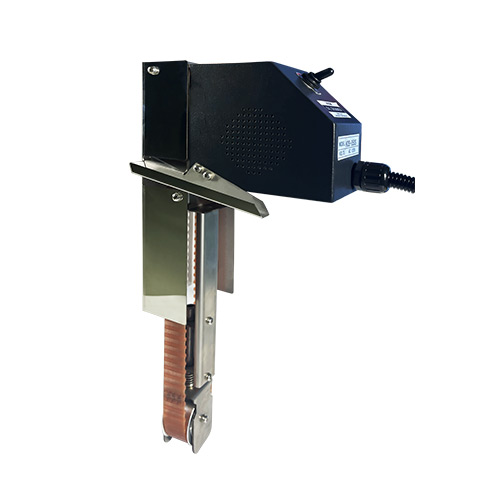-
WhatsAPP: +86 18706448138
-
Tengzhou, Shandong, China

Cost-Effective Industrial Oil Water Separator Solutions
Industrial oil water separators are designed to remove oil and other contaminants from water, ensuring compliance with environmental standards.
Table of Contents
Introduction

Industrial oil water separators play a crucial role in ensuring the efficient and environmentally safe disposal of oily wastewater generated during various industrial processes. With strict environmental regulations and rising operational costs, industries need cost-effective solutions to handle water contamination. Industrial oil water separators are designed to remove oil and other contaminants from water, ensuring compliance with environmental standards while also reducing costs associated with water treatment and disposal.
In this blog, we will explore the importance of industrial oil water separators, the benefits they offer, key factors to consider when choosing one, and cost-effective solutions for your industrial needs. Additionally, we will provide a comprehensive overview of these separators, answering frequently asked questions to guide you in making an informed decision.
What is an Industrial Oil Water Separator?
An industrial oil water separator is a device used to remove oil and other contaminants from wastewater. These separators are commonly used in industries like manufacturing, automotive, petrochemical, and food processing, where large amounts of water come into contact with oil and grease. The separator works by using various physical principles like gravity, coalescence, and filtration to separate oil from water, allowing the clean water to be safely discharged or reused.
These separators come in various sizes and configurations, depending on the type and volume of wastewater they need to process. They can be installed as part of an industrial wastewater treatment system to ensure compliance with environmental regulations and reduce the environmental impact of industrial operations.
How Industrial Oil Water Separators Work
Gravity Separation
Gravity separation is one of the most common methods used in industrial oil water separators. Oil, being less dense than water, floats on the surface. The separator allows the water to flow through a tank or chamber, where the oil rises to the top. The separated oil is then collected and removed, leaving behind clean water.
Coalescence Technology
Coalescence technology involves the use of specially designed media or plates that encourage the small oil droplets to combine, or coalesce, into larger droplets. These larger droplets are then easier to separate from the water. Coalescing oil water separators are highly effective in treating water with fine oil droplets, commonly found in industries like automotive and manufacturing.
Filtration and Absorption
In addition to gravity and coalescence, some industrial oil water separators incorporate filtration or absorption technology. Filtration involves passing the water through a porous material that captures oil and other contaminants. Absorption uses specialized materials, like absorbent pads or media, to soak up the oil and other pollutants from the water. This method is particularly useful in applications where oil droplets are very small or mixed with other substances.
Benefits of Using Industrial Oil Water Separators
Environmental Compliance
One of the main advantages of using industrial oil water separators is their ability to ensure compliance with environmental regulations. Many industries must adhere to strict limits on the amount of oil and other contaminants that can be discharged into waterways. By using an oil water separator, companies can effectively meet these regulations and avoid costly fines or penalties.
Cost Savings
Industrial oil water separators can significantly reduce the costs associated with wastewater disposal. Instead of paying for costly waste treatment services or fines for non-compliance, businesses can reuse or recycle the water, reducing the need for external waste management services. This not only saves money but also contributes to more sustainable industrial practices.
Improved Water Reuse
By removing oil and other contaminants, oil water separators enable the reuse of water in industrial processes. Recycled water can be used for non-potable applications like cooling, cleaning, or irrigation, reducing the need for fresh water and improving water efficiency across the facility.
Maintenance of Equipment
Oil water separators also play a vital role in protecting other industrial equipment. When oil accumulates in equipment or pipes, it can cause wear and damage over time. By removing oil from wastewater, industrial oil water separators help prevent clogging, corrosion, and premature failure of machinery, extending the lifespan of valuable assets.
Key Factors to Consider When Choosing an Industrial Oil Water Separator
Capacity and Size
The size and capacity of the industrial oil water separator are critical factors to consider. It is essential to choose a separator that can handle the volume of wastewater generated by your operations. Overloading a separator can lead to inefficient performance, while an undersized separator may require frequent maintenance and may not meet environmental regulations.
Type of Contaminants
Different types of industrial processes generate different kinds of contaminants. For instance, the oil present in wastewater from automotive industries may be very different from that found in petrochemical operations. When selecting an industrial oil water separator, it is important to consider the type and concentration of contaminants in the wastewater to ensure the separator is appropriate for your needs.
Maintenance Requirements
Like all industrial equipment, oil water separators require regular maintenance to function effectively. Choose a separator with easily accessible parts and components, making maintenance straightforward and cost-effective. The level of maintenance required can also vary depending on the type of separator and its features, so it is important to factor this into your decision-making process.
Cost-Effectiveness
When choosing an industrial oil water separator, cost-effectiveness is a key consideration. A more expensive separator may offer advanced features or higher performance, but it may not always be necessary for your needs. Evaluate the long-term operating costs, including energy consumption, maintenance, and replacement parts, to determine the most cost-effective option for your business.
Industrial Oil Water Separator Solutions: Finding the Best Fit for Your Industry

Industrial oil water separators come in a variety of models and configurations, making it important to choose the right solution for your specific industry. Below is a table outlining some common types of industrial oil water separators and their applications:
| Type of Separator | Best Suited For | Features |
|---|---|---|
| Gravity Separator | General manufacturing, automotive, food processing | Simple, low-maintenance, cost-effective |
| Coalescing Separator | Automotive, machining, petrochemical | Efficient for fine oil droplets, compact |
| Absorption Separator | High oil content, small droplet sizes | High oil absorption capacity, versatile |
| Filtration Separator | Chemical industries, large-scale facilities | Fine filtration, higher performance |
This table provides a snapshot of the key benefits of each type of separator and the industries they are most suitable for. When selecting a separator, consider the characteristics of the wastewater generated in your specific operation and the separator’s capabilities to address those needs.
Conclusion
Industrial oil water separators offer a cost-effective solution for businesses looking to manage wastewater contamination efficiently. With benefits such as environmental compliance, cost savings, and improved water reuse, these separators are an essential tool for many industries. When selecting the right separator, it is important to consider factors such as capacity, type of contaminants, and maintenance requirements.
If you are looking for a reliable and cost-effective industrial oil water separator, contact us today to discuss your needs. Our experts can help you find the best solution tailored to your specific requirements.
FAQ
What is the lifespan of an industrial oil water separator?
The lifespan of an industrial oil water separator depends on factors such as the type of separator, the quality of maintenance, and the nature of the contaminants being treated. With proper maintenance, many separators can last between 5 to 10 years.
How often should an industrial oil water separator be maintained?
Maintenance frequency varies based on the separator type and the volume of wastewater processed. It is typically recommended to inspect and maintain the separator every 3 to 6 months, but more frequent maintenance may be required in high-use applications.
Can an industrial oil water separator handle high oil concentrations?
Yes, many modern industrial oil water separators are designed to handle high concentrations of oil. However, it is important to choose the right type of separator, such as coalescing or absorption separators, for applications with high oil content.
Are industrial oil water separators energy efficient?
Yes, many oil water separators are designed to be energy-efficient. Gravity-based separators, in particular, use minimal energy, while more advanced separators may use pumps or other mechanisms that require electricity. However, the energy consumption is generally low compared to other industrial systems.


